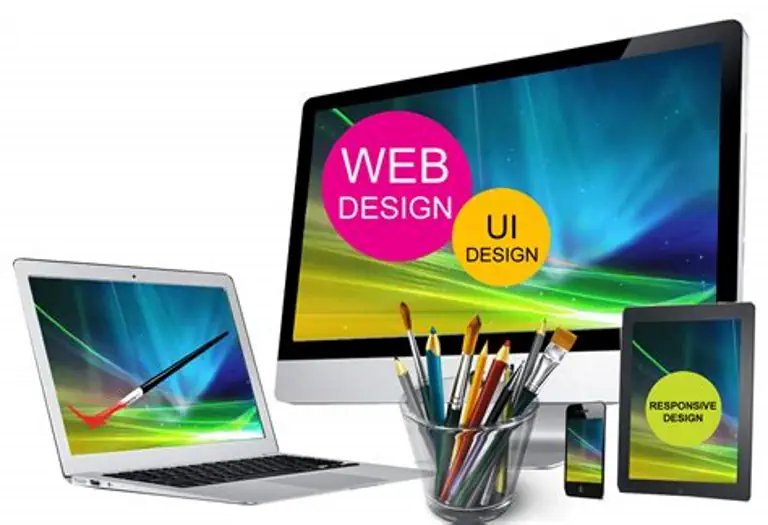Did you know many visitors stop engaging with a site if the layout or content is not attractive to the user? If a site looks boring and is hard to navigate, then the user will lose interest quickly.
If a website is visually appealing, then users will spend more time exploring your site, and they are more likely to navigate it. Most web designers will agree that visually appealing sites are more likely to convert better.
Make your pages eye-catching
So you have spent a lot of time and money on your website design, but it’s not working. Here are some ideas to get you started again.
An image will make your website look more professional. Images are an impression, a connection with the user, they are visual. They tell users a story and encourage them to buy your products or read your content.
Make sure your images are optimized.
Images can load extremely slowly, so make sure they are sized properly and optimized. Google places a premium on fast-loading pages. Images can be a good way to add dynamic content to your site, but you have got to weigh them against your main goal.
If your goal is to build a marketing database, then a few ugly images probably aren’t going to harm your business. If your goal is to get email addresses and leads, then users are going to move on to a site with more interesting content. Images can also enhance a site, but it is not something you should do too often because it distracts the user from the content.
Use text to attract the user.
You want your site to be visually appealing, but the user doesn’t care about that. They want to be engaged in your content and have them tell you why they need your products or services.
So, the ideal user is one who is interested in your product or service, has an interest in your brand, but wants to find a solution to your problem.
The ideal user is a prospect. You want the user to want to tell you what they need. You want them to say that they need your product or service, but you don’t want them to say that they need to. That’s why you need to use a process to help identify the needs of the user. That process will help guide you through designing your site.
Then use the process to guide your user through the process of finding solutions to their problems. You’ve got the user interested, they want to tell you what they need, but you need to help them figure out how to make that happen. That’s what you do here. You guide them through your process. You give them the steps and let them know what to do. It’s a process they understand and find useful.
This is an important step because if you build your site wrong, this can result in the user getting frustrated and not being able to access your site because they just can’t figure out how to access your site. Or even worse, they can’t access your site at all because the steps aren’t in proper sequence.
The steps that they take won’t make sense to them, and they won’t know where to go next. This can result in them never getting to your site in the first place. Now, that’s a site that will definitely lose business, even if you don’t lose paying clients. So this step is very important.
The purpose of this is to get the user into the flow of the site so that they are confident that they know where to go to find what they need. Now that means they are confident that they know what they need, and they know how to get to it. Now it also means they know how to get to it without confusion.
They know the easy way to get to it. You have your steps and guides to lead them along the way, but you want them to feel confident that they know where to go to find their solution. And if they feel confident that they know where to go to find their solution, then they’re more likely to follow your guides.
It’s also a great way to increase traffic and conversion rates because if they know where to go to find their solution, then they are more likely to click that link and visit your site.
Article Source: Nicu Lucanu
